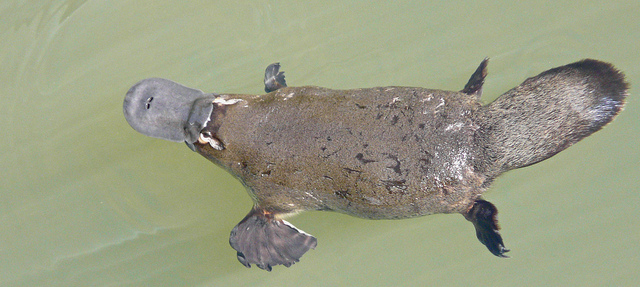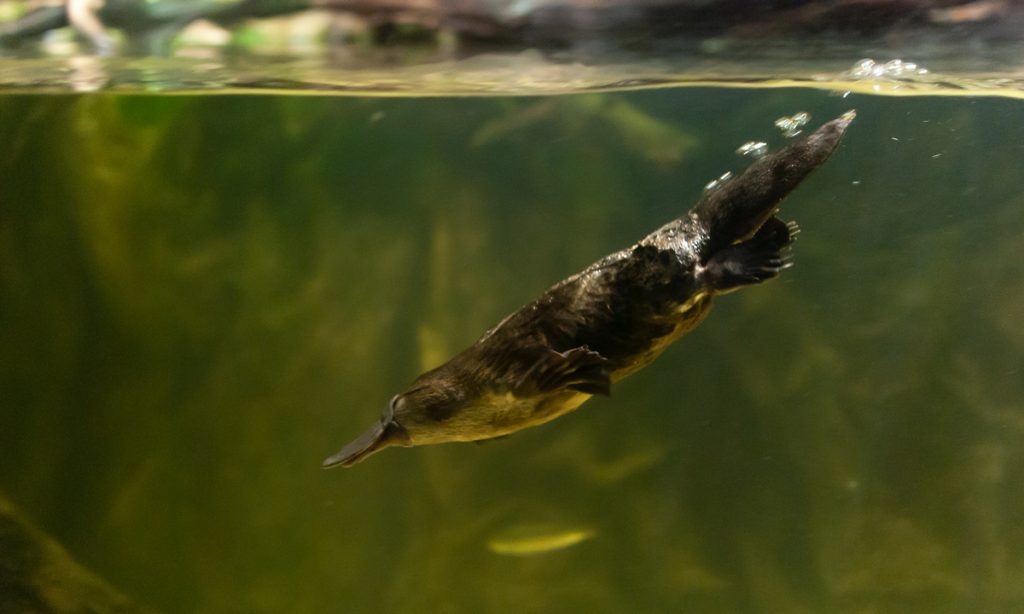
Scientists in Australia may have discovered a secret weapon in the battle against antibiotic-resistant superbugs, and it comes from a pretty unlikely place.
Then again, everything about the platypus is unlikely: it has a duck’s bill and a beaver’s tail. It’s venomous, it lays eggs, and it produces milk to feed its young. The platypus is a monotreme — a small group of mammals that, despite laying eggs, still lactate.
Even more unusual is the way they produce milk. Rather than babies latching onto nipples, the mother secretes the milk through her skin. Researchers discovered in 2010 that the milk had antibacterial properties, and now a team from CSIRO and Deakin University may have discovered why.

In a study published in the journal Structural Biology Communications, the team reproduced a protein found only in the milk of monotremes – including the platypus – in a laboratory setting so they could examine it more closely. They found a unique molecular structure, a ringlet-like fold they dubbed the “Shirley Temple.”
The scientists hypothesize the potently antibacterial protein is present in monotremes’ milk because of the system of milk delivery. Because it’s secreted through the surface of the skin, the milk is exposed to the environment. In turn, when the babies lick the milk from their mother’s skin, they’re exposed to bacterial threats, and the protein provides them a measure of protection.

And because of its unique structure, the researchers hope the protein might help inform the development of new drugs that could fight “superbugs” — persistent infections caused by bacteria that have developed a resistance to antimicrobial treatments and then passed the resistance on to subsequent generations.
These types of infections have been on the rise in recent decades, prompting the World Health Organization to publish a report in 2014 driving home the seriousness of these threat and predicting that we’re on the path to a “post-antibiotic era,” when the treatments we depend on to keep minor injuries and illnesses from being fatal will be essentially ineffective.
How the recent discovery will impact the development of antimicrobials in the future remains to be seen, but if we’re able to avoid a future full of rampant superbugs, we may just have the platypus to thank.




